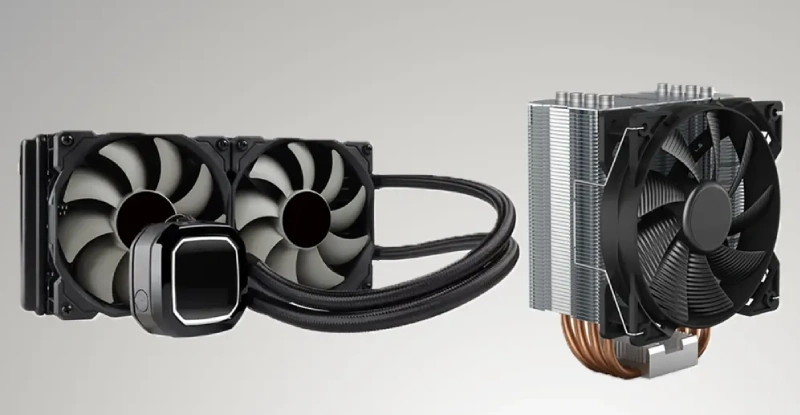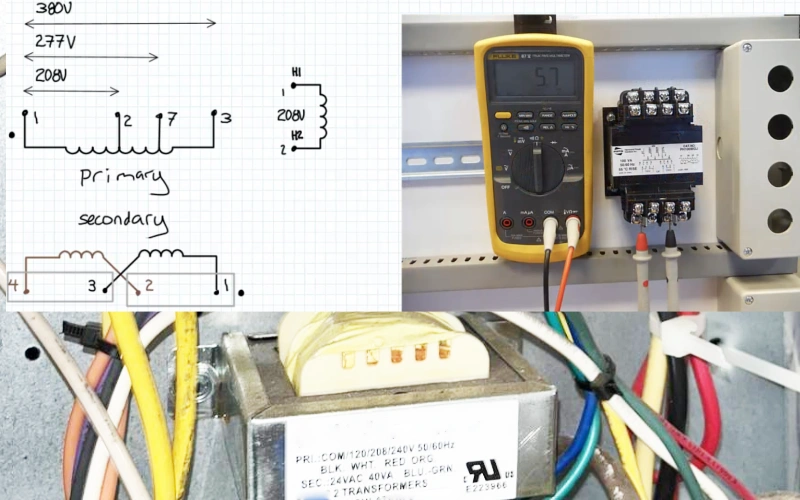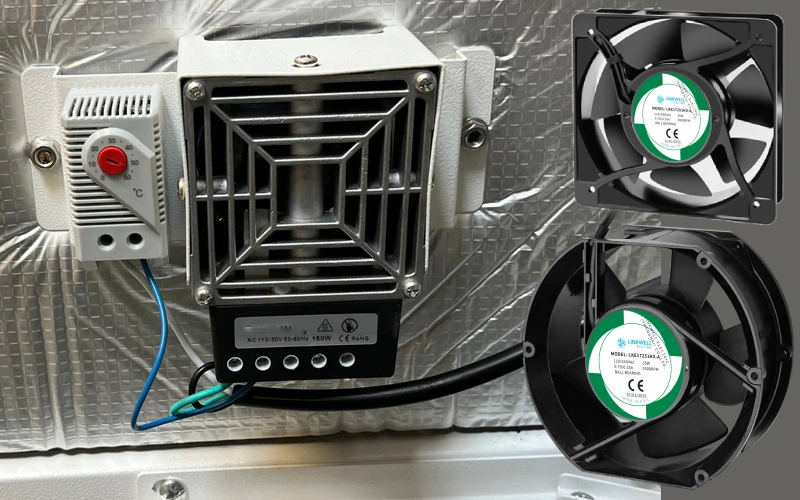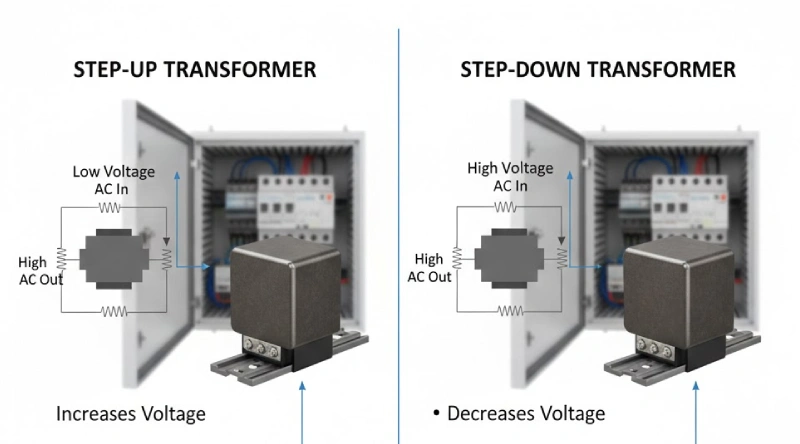When considering the question, “Is Liquid Cooling Better Than Air Cooling,” it’s important to evaluate your specific needs and priorities. Liquid cooling systems are known for their superior ability to transfer heat quickly, making them highly efficient for demanding applications. On the other hand, air cooling systems are generally more affordable and require less maintenance, making them a practical choice for many users.
| Factor | Liquid Cooling | Air Cooling |
|---|---|---|
| Efficiency | High | Moderate |
| Cost | Higher | Lower |
Key Takeaways
- Liquid cooling works better than air cooling. It takes heat away faster. This makes it great for strong computers and machines.
- Air cooling is easier and costs less to set up. It does not need much care. This makes it good for most people and small companies.
- Think about what you need before picking a cooling system. Liquid cooling is best for hard jobs. Air cooling is better for normal use.
Is Liquid Cooling Better Than Air Cooling

Liquid Cooling
Are you asking if liquid cooling is better than air cooling for your computer or for machines? Liquid cooling uses water or special fluids to take heat away from hot parts. Liquids move heat better than air does. Liquid cooling can move heat up to 3,000 times faster than air cooling. This keeps your system cool, even when you use it a lot.
- Liquid cooling systems are very good at moving heat. They work best in places with lots of heat, like gaming computers or big machines.
- These systems are smaller and lighter. This helps in homes and factories.
- Liquid cooling lets you control temperature exactly. This matters in aerospace, defense, and robotics.
Liquid cooling systems are quieter than air cooling. Liquids soak up sound, and the design keeps noise low. Here is a table that shows how loud each system is:
| Cooling System | Noise Level (dBA) | Reason for Noise Level Difference |
|---|---|---|
| Air-Cooled Generators | 65 to 75 | Fans make more noise and have less sound dampening. |
| Liquid-Cooled Generators | 55 to 70 | Liquid absorbs sound and enclosed design keeps noise down. |
Liquid cooling costs more at first. You pay 40% to 60% more to set it up. Over time, you save money because it uses less energy and helps your equipment last longer.
| Cooling Type | Initial Investment Difference | Long-term Savings |
|---|---|---|
| Liquid Cooling | 40% to 60% more expensive | Reduces construction costs by 15% to 30% |
| Air Cooling | Less expensive initially | Higher long-term costs |
Liquid cooling needs regular care. You must check fluid levels, watch the pump, and look for leaks. You should check the system every few months and clean parts with mild soap. Sometimes, you need to treat the water to keep it working well.
Liquid cooling is a good choice for powerful computers, people who overclock, and industries that need strong cooling. It keeps things cool, saves energy, and helps your devices last longer.
Air Cooling
Air cooling is the most common way to keep computers and machines cool. Fans and heat sinks move heat away from hot parts. Air cooling works well for normal computers and many cabinets.
- Air cooling is simple and easy to set up. You do not need special fluids or pumps.
- It costs less to install than liquid cooling. You save money at the start.
- Air cooling is reliable and needs less care. You only need to clean fans and filters sometimes.
Air cooling makes more noise than liquid cooling. Fans spin fast to move air, which can get loud. The table above shows that air-cooled systems can reach 75 dBA, while liquid-cooled systems stay quieter.
Air cooling works in many places. In factories, you find compressed air cooling, heat sink coolers, and vapor compression coolers. These systems help keep cabinets safe and working well.
- Compressed air cooling works in factories and does not need moving parts. This means less care.
- Heat sink coolers use air to move heat away from the cabinet. They work indoors and outdoors.
- Vapor compression coolers keep cabinets cool in humid places.
Air cooling protects your electronics. It stops overheating, keeps systems running, and lowers the risk of fires or failures.
Linkwell knows a lot about cooling for cabinets and machines. Their EC series fans use smart speed control to change cooling based on temperature. These fans work in tough places and last a long time. Linkwell also makes custom cooling systems for different cabinet sizes and heat loads. Their digital control panels and remote monitoring make it easy to manage cooling.
For advanced air cooling in cabinets, Linkwell’s Cabinet Air Conditioner is special. This unit uses smart technology to keep the temperature just right inside metal cabinets. It removes heat from sensitive electronics, protecting things like circuit boards and digital screens. Cabinet air conditioners work well in dusty, humid, or outdoor places. They help your equipment last longer and run safely.
Tip: If you need strong cooling for cabinets, try a Cabinet Air Conditioner. It gives you exact temperature control and keeps your electronics safe from heat.
Air cooling is a smart choice for everyday users, small businesses, and many factories. It is simple, costs less, and works well.
Liquid Cooling Setup vs Air Cooling Setup
Liquid Cooling Setup
A liquid cooling setup gives strong cooling for powerful computers. You have to follow many steps to install it. First, open the case and take out the motherboard. Then, remove the heat sink and put the water block on the CPU. After putting the system back together, connect the hoses and fill the reservoir with coolant. You must check for leaks before turning on the pump. This setup takes more time and skill than air cooling.
| Cooling Type | Installation Complexity | Risks Involved |
|---|---|---|
| Liquid Cooling | Needs more effort and skill; installation is tricky and needs care. | Leaks can happen. |
| Air Cooling | Easy to install; good for beginners. | No leaks to worry about. |
You need to take care of a liquid cooling setup often. Check the fluid levels, clean the parts, and look for leaks. Hoses, pumps, and water blocks can break, so you must pay attention. This setup is best for gamers, PC fans, and people who want to overclock their CPU. Overclocking is safer and more stable with liquid cooling.
Air Cooling Setup
An air cooling setup is easy and fast. You put a fan and heat sink on your CPU or cabinet. Most people can do this without special tools. You do not have to worry about leaks or hard parts. Maintenance is simple—just clean the fans and filters sometimes.
| Cooling Method | Maintenance Requirement |
|---|---|
| Air Cooling | Very Low |
| Liquid Cooling | Medium to High |
Air cooling is great for beginners, people on a budget, and those who want simple cooling. You can overclock, but you may not get as high speeds as with liquid cooling. For factories and electrical cabinets, Linkwell’s Cabinet Air Conditioner gives advanced air cooling. It keeps electronics safe, even in tough places. This setup is perfect for factories and outdoor cabinets.
Tip: Pick liquid cooling for overclocking and lots of heat. Choose air cooling for easy use and less work. For factories, Linkwell’s Cabinet Air Conditioner gives strong, steady cooling.
Performance, Noise, and Value
Performance
You want your system to work its best, even when it is busy. Liquid cooling cools better than air cooling in strong systems. It moves heat away from the CPU and other parts fast. This keeps your computer or cabinet steady, even with lots of power use. When you overclock, liquid cooling keeps things cooler. This helps your parts stay safe and work well.
Here is a table that shows how both types work when things get tough:
| Aspect | Liquid Cooling | Air Cooling |
|---|---|---|
| Heat Production | Makes a bit more heat | Makes less heat |
| Reliability | Needs backup plans | Usually more reliable |
| Performance at High Power | Best for 2kW+ uses | Not as good with high power |
Liquid cooling is best for strong computers and big machines that need lots of cooling. Air cooling is fine for most home computers and small machines, but it may not keep up if you use a lot of power.
Noise
Noise is important if you want a quiet room or factory. Liquid cooling is quieter than air cooling because it does not need big fans. This makes it good for strong computers in offices or labs.
- Liquid cooling helps keep noise down in factories.
- Linkwell’s Cabinet Air Conditioner is also quiet, sometimes as low as 40 dB, like a library.
- Regular air cooling can get up to 70 dB, which is as loud as a busy street.
Liquid cooling and new cabinet air conditioners give you a quieter place to work. This helps you focus and keeps your equipment safe.
Value
When you think about value, you want to look at cost, cooling, and savings over time. Liquid cooling costs more at first, but it can save money later, especially in strong systems. Air cooling is cheaper to start and works well for most people.
Here is a chart that shows how much each way costs per watt:
For electrical cabinets, Linkwell’s Cabinet Air Conditioner gives strong cooling, low noise, and good value. It helps your electronics last longer and lowers repair costs. Here is a table that compares Linkwell’s Cabinet Air Conditioner to other ways:
| Feature/Benefit | Linkwell’s Cabinet Air Conditioner | Other Cooling Solutions |
|---|---|---|
| Effectiveness in cooling | High | Changes |
| Long-term cost savings | Big savings | Not as much |
| Reduction in repair/replacement costs | Yes | No |
| Lifespan extension of electronic devices | Yes | No |
| Maintenance frequency | Low | High |
Tip: Pick liquid cooling for strong computers and overclocking. Choose air cooling for simple and steady setups. For factories, Linkwell’s Cabinet Air Conditioner gives you great cooling, safety, and value.
When you wonder, “is liquid cooling better than air cooling,” think about what you need.
- New research says liquid cooling works better and uses less energy in busy places.
- For industrial enclosures, look at the room temperature, how often things stop, and if water can get in.
- Linkwell’s Cabinet Air Conditioner has smart features to keep your equipment safe and cool.
| Component | Benefit |
|---|---|
| Compressor | Keeps cooling steady |
| Air Filter | Helps the system last longer |
FAQ
What is the main difference between liquid cooling and air cooling?
You use liquid cooling to move heat with fluids. Air cooling uses fans and heat sinks to push heat away. Each method works best for different needs.
How often should you maintain your cooling system?
You should check your cooling system every few months. Clean fans or filters for air cooling. For liquid cooling, check fluid levels and look for leaks.
Can you use cabinet air conditioners outdoors?
You can use cabinet air conditioners outdoors. Many models have weather protection. They keep your electronics safe from heat, dust, and moisture.




